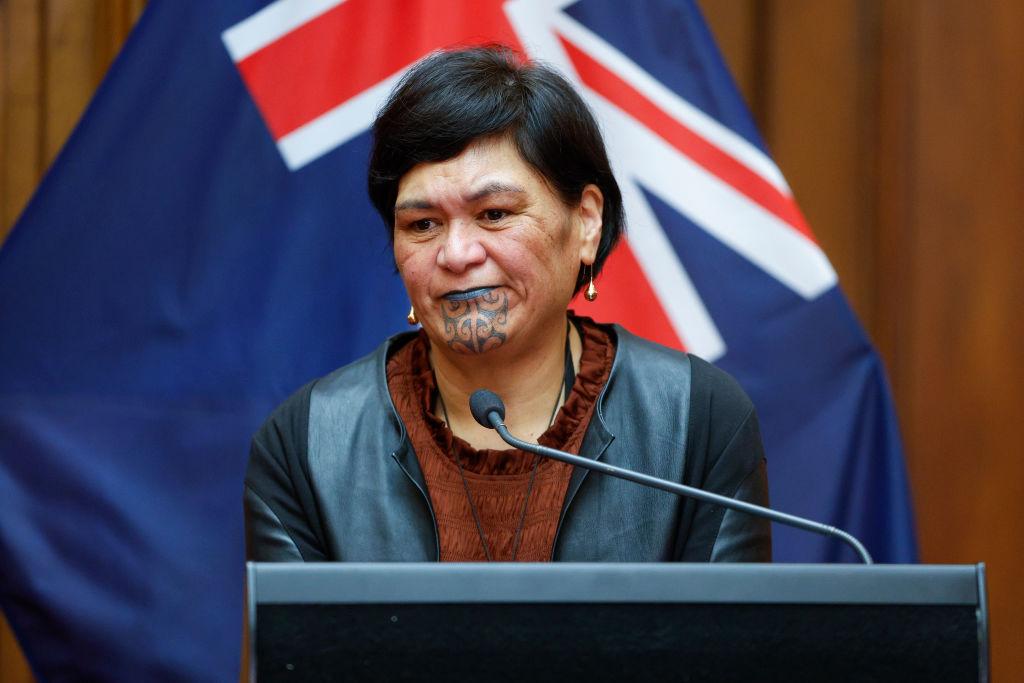New Zealand Foreign Minister Nanaia Mahuta concluded the first ministerial visit to China since COVID began, noting the Chinese regime’s human rights abuses and inviting her Chinese counterpart to visit New Zealand.
“Our discussions were wide-ranging, covering all aspects of our bilateral relationship,” she said.





